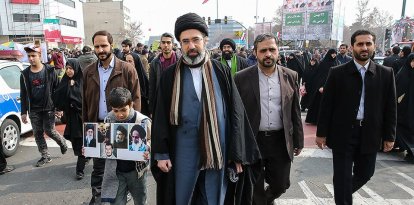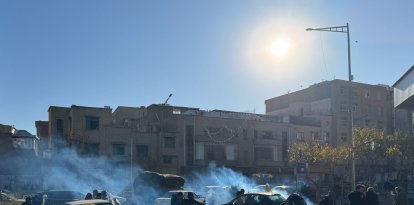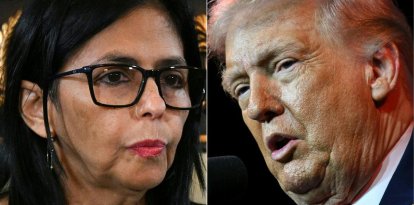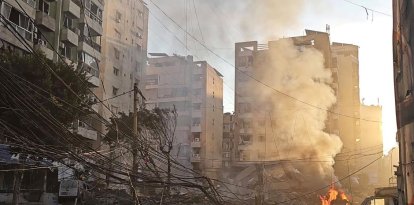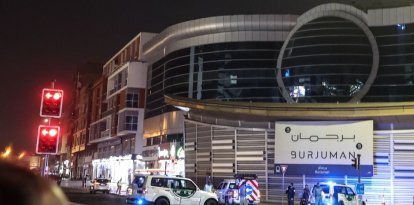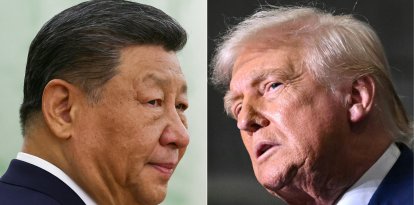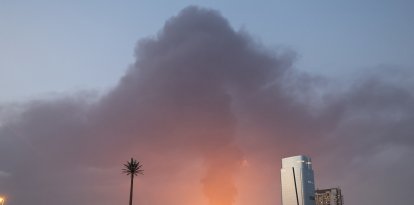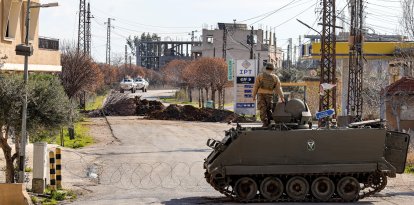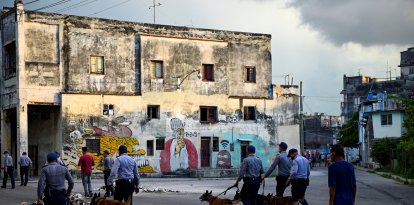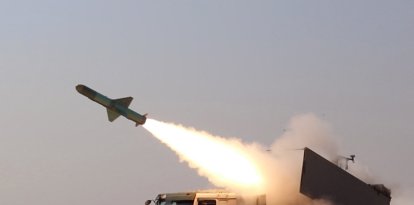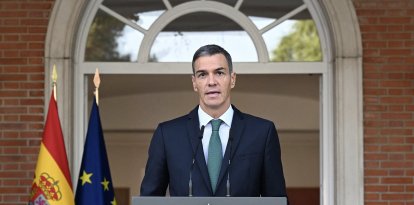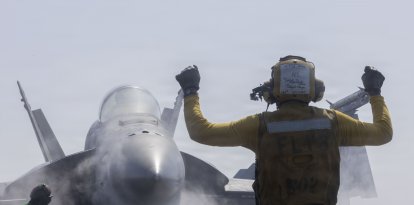July 11: three years to the day when Cuba raised its voice and was repressed by the communist regime
In 2021 thousands of Cubans demonstrated across the island, demanding changes due to the economic crisis, deficiencies in the healthcare system and the egregious lack of freedoms.
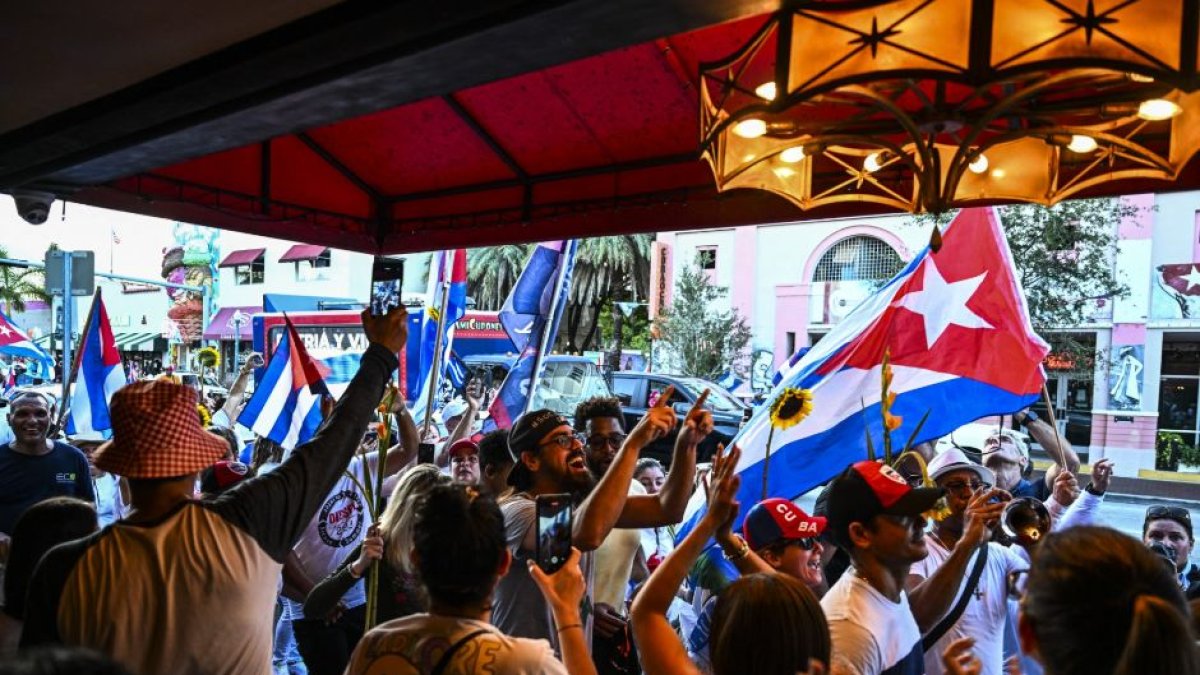
Commemoration of historic protests in Cuba.
This July 11 marks the third anniversary of the historic protests in Cuba, a day that not only represents the courage of the Cuban people in their demand for freedom, but also the beginning of an intense escalation of repression by the Miguel Diaz-Canel regime.
This date also serves as a moment of reflection regarding the 65 years of systematic violations of human rights in Cuba, a dark legacy that has defined the island since Fidel Castro's rise to power in 1959.
J-11: a cry for freedom in Cuba.
July 11, 2021 was a decisive day in Cuba's history. In an unprecedented phenomenon, thousands of Cubans demonstrated in at least 62 municipalities across the island, demanding changes during an economic crisis, health system deficiencies exacerbated by the COVID-19 pandemic and the egregious lack of freedoms.
The mobilization was not only a cry of desperation, but a loud demand for freedom and political reform in a nation oppressed by decades of communist rule.
Escalating repression after J-11
The Cuban regime's response to these peaceful protests was unrelenting repression. Since J-11, Miguel Díaz-Canel and his regime have intensified their strategy of control and repression, raising the severity of the human rights situation in Cuba to alarming levels.
Since J-11, the number of political prisoners in Cuba has increased dramatically. Currently, more than 1,113 people remain imprisoned for political reasons, making Cuba as the country with the highest number of political prisoners in Latin America, according to data from Prisoners Defenders.
The regime has resorted to various repressive tactics to silence dissidents. Internet shutdowns have been carried out to prevent the dissemination of news and organized mobs have been used to attack protesters. In addition, torture of prisoners has increased, as evidence of the regime's disregard for human rights and justice.
According to the Observatorio Cubano de Derechos Humanos (OCDH), in the first half of 2024, at least 1,932 repressive acts against civilians were recorded in Cuba. Among these actions, 488 arbitrary detentions and 462 illegal house arrests stand out.
A legacy of human rights violations
Although three years have passed since the historic protests of July 11, 2021, Cubans have been enduring systematic human rights violations for 65 years under the communist regime. Since the rise of Fidel Castro to power in 1959, the Cuban Revolution has spawned a series of repressive practices that have defined the harsh reality of the island.
From the beginning of the Revolution, the Castro regime and its successors established a system of repression that, over time, has intensified. In 1959, Cuba had 14 prisons for a population of 6 million inhabitants. Over 65 years, this number grew exponentially, reaching nearly 293 prisons today. This increase reflects a systematic use of the penitentiary system as a tool of political repression.
Cuban prisons have become places of detention for thousands of political prisoners, many of whom have been subjected to torture and been forced to live in inhumane conditions. According to Sébastien Touzé, vice-president of the UN Committee Against Torture, as of May 2022, Cuba had one of the highest incarceration rates in the world.
In addition to this remarkable growth in prison infrastructure, the Cuban regime has carried out various repressive measures since its inception. These include executions and torture, which historian R.J. Rummel estimates have caused between 35,000 and 141,000 deaths due to political repression and execution of political adversaries.
Over the years, the regime has also been involved in disappearances and extrajudicial executions. A prominent example of these abuses is the Trece de Marzo attack in 1994, where at least 37 people, including children, disappeared at the hands of Cuban political police.
Another emblematic case is the assassination of opposition leaders Oswaldo Payá and Harold Cepero in 2012, with possible involvement of state agents, according to an OAS report.
Cuba has not only repressed its citizens, but has also extended its repressive influence by supporting torture policies in Venezuela. Cuba has reportedly been responsible for repression and torture in the context of the Venezuelan crisis, a fact that Luis Almagro, secretary general of the OAS, has highlighted as a serious breach of human rights in the region.
The agreement with the European Union: a gap between word and deed
In 2016, the European Union signed a Political and Cooperation Agreement with Cuba that included the protection of human rights as one of its fundamental conditions and has allowed the channeling of hundreds of thousands of euros to the dictatorship. However, the increase in repression since J-11 has shown a clear non-compliance with these conditions.
The Cuba in Transition Spanish Association (La Asociación Española Cuba en Transición) has called on the Spanish government to abandon its position of complicit silence with the Cuban regime and to demand the release of political prisoners, respect for human rights in Cuba and guarantees that European funds will not strengthen the Cuban regime.
Commemoration of J-11
On the third anniversary of J-11, various activities and events are taking place to remember the protests and continue the pressure on the Cuban regime. These activities include demonstrations and commemoration events in international cities to keep alive the memory of the events of J-11 and make visible the human rights situation in Cuba.













